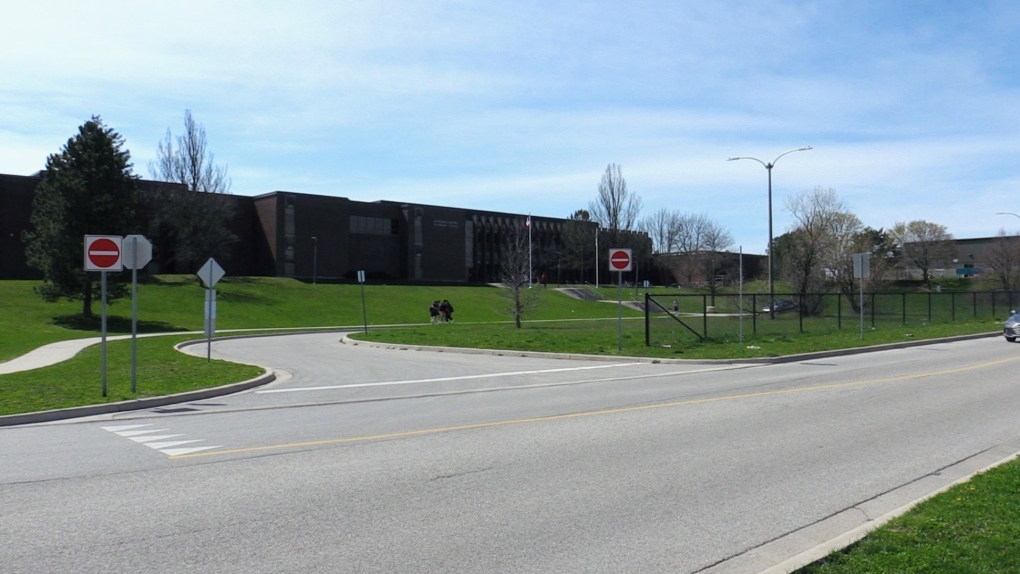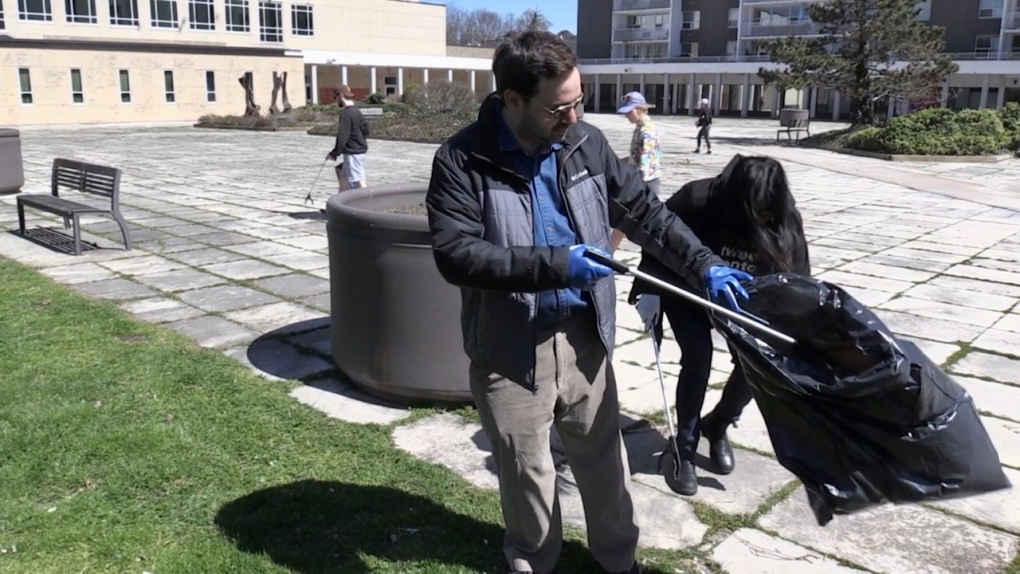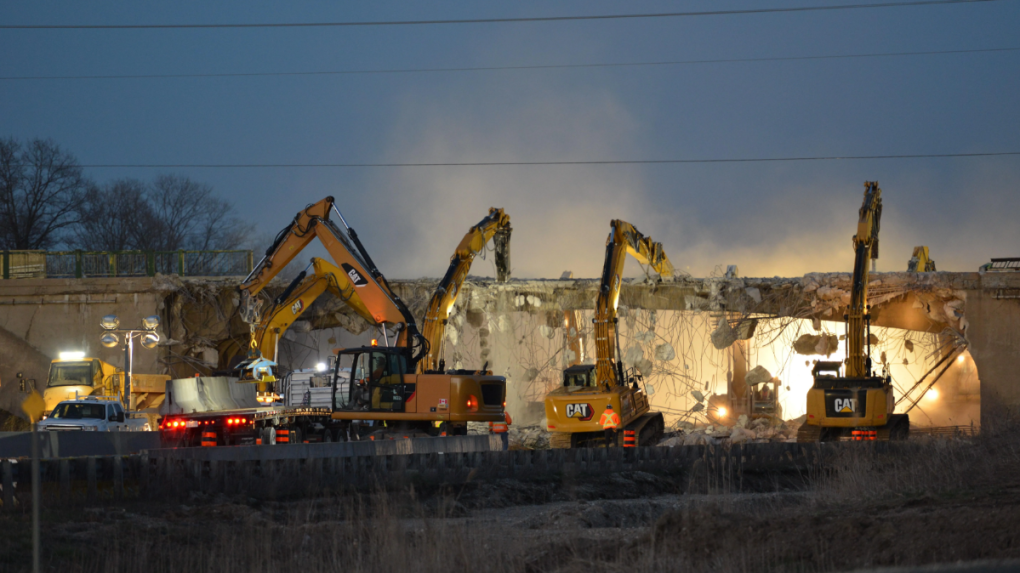A local authority has been praised for once again breaking new ground on co-producing policy with disabled people, after publishing a new disabled people’s housing strategy.
Hammersmith and Fulham council, in London, has produced the housing strategy in co-production with disabled residents.
The strategy, and the council’s pioneering work on co-production, have been praised for providing a beacon of hope for disabled people across the country.
Three years ago, a “ground-breaking” report on co-production, commissioned by the council and produced by the Hammersmith and Fulham Disabled People’s Commission, focused on how to remove the barriers disabled people faced in the London borough by embedding a culture of genuine co-production within the council.
Now the Labour-run council has built on that report by working with disabled residents to identify the particular barriers they face in housing, and to co-produce solutions to those barriers.
Launching the strategy, Cllr Lisa Homan, the council’s cabinet member for housing, said it was the “first of a kind for Hammersmith and Fulham and perhaps for local authorities as a whole, as it has been co-produced with disabled residents”.
She said disabled residents had worked with councillors and senior managers to plan, design and review housing policies and services.
Tracey Lazard, chief executive of Inclusion London, told an online launch of the strategy: “We know it’s a first stage and there’s so much more to do but it’s really a vital stage and I can’t think of a more needed and central issue to co-produce with disabled people than housing… because it is an absolute basic essential right and foundation for a good life.
“We have just carried out a piece of research in London, but also with DPOs across England, and what we found is a really grim picture.
“We are seeing disabled people and our organisations increasingly isolated, excluded from decision-making.
“We are having, as individuals, but also communities and our organisations, support and resources systematically taken away from us, and so many DPOs and disabled people are reporting increased hostility.
“How important it is that we can point to Hammersmith and Fulham and say, look, this is a borough that is making different choices and is doing things in a different way.
“That is so important, not just to disabled residents in Hammersmith and Fulham, but I can tell you it is absolutely vital to disabled people in London and across the country because we are looking at what you are doing with great interest and sending you the very best wishes.”
The strategy’s four key objectives are to create a culture of co-production with disabled residents and work with them to improve their influence on housing services; to improve access to housing information; to improve the council’s services as a landlord for disabled residents; and to increase the supply of accessible and affordable housing.
Tara Flood, the council’s joint strategic lead for co-production, said: “It’s great that we have a co-produced strategy, but there is a lot of hard work now turning that strategy into action.”
A group will now be responsible for implementing the strategy, to be co-chaired by Cllr Homan and a disabled resident.
Flood, a former chief executive of The Alliance for Inclusive Education, said: “For far too long, decisions about our lives as disabled people, the way we live, where we live, who we live with and who supports us, have been made by non-disabled people, so now is the time to get involved.”
She said that co-production “does signal a new way of doing things, and it does very firmly place disabled people not only at the heart of decision-making, but in the lead on that decision-making”.
Faisal Yusuf, chair of Safety Net – People First, a self-advocacy organisation in the borough, said: “Most people with a learning difficulty are expected to live with family or a support worker.
“How many of you would have expected to live with your parents all your life?
“I live in my own place. What is so good about this? The freedom! The freedom to eat what I want, sleep when I want, go out when I want, stay in when I want, things like that.
“It’s a human right to live where we want to.
“Why is co-production important? We know what the barriers are, and we know the support we need. This is why you need us to work with you.”
Victoria Brignell, chair of Action on Disability, another disabled people’s organisation based in the borough, said disabled people had had to fight for many years for accessible housing in London.
She said the new strategy was a “truly co-produced, ground-breaking document shaped by local disabled people”.
She also welcomed the council’s new independent living vision, which meant that disabled people in the borough “are empowered to influence and change how our council provides accessible housing support.
“The aim is to give us full independent living, so we are not dependent on an outdated model of social care.
“We as disabled people want to make our own decisions and take full control over our lives, not rely on decisions taken by non-disabled decision-makers.”
Lisa Redfern, the council’s strategic director of social care, said the disabled people’s housing strategy represents “a break from the old way of doing things” and would give residents a “leading role and not a tokenistic role in developing housing and housing services”.
But she said the strategy was “only the beginning; it is how we do it, how we implement it, that makes the difference, and that’s the really tough bit”.
Picture: Tara Flood (fourth from left) and Tracey Lazard (right) at the 2018 launch of the council’s co-production report
A note from the editor:
Please consider making a voluntary financial contribution to support the work of DNS and allow it to continue producing independent, carefully-researched news stories that focus on the lives and rights of disabled people and their user-led organisations.
Please do not contribute if you cannot afford to do so, and please note that DNS is not a charity. It is run and owned by disabled journalist John Pring and has been from its launch in April 2009.
Thank you for anything you can do to support the work of DNS…
https://www.disabilitynewsservice.com/pioneering-council-praised-for-ground-breaking-co-production-on-housing-strategy/




